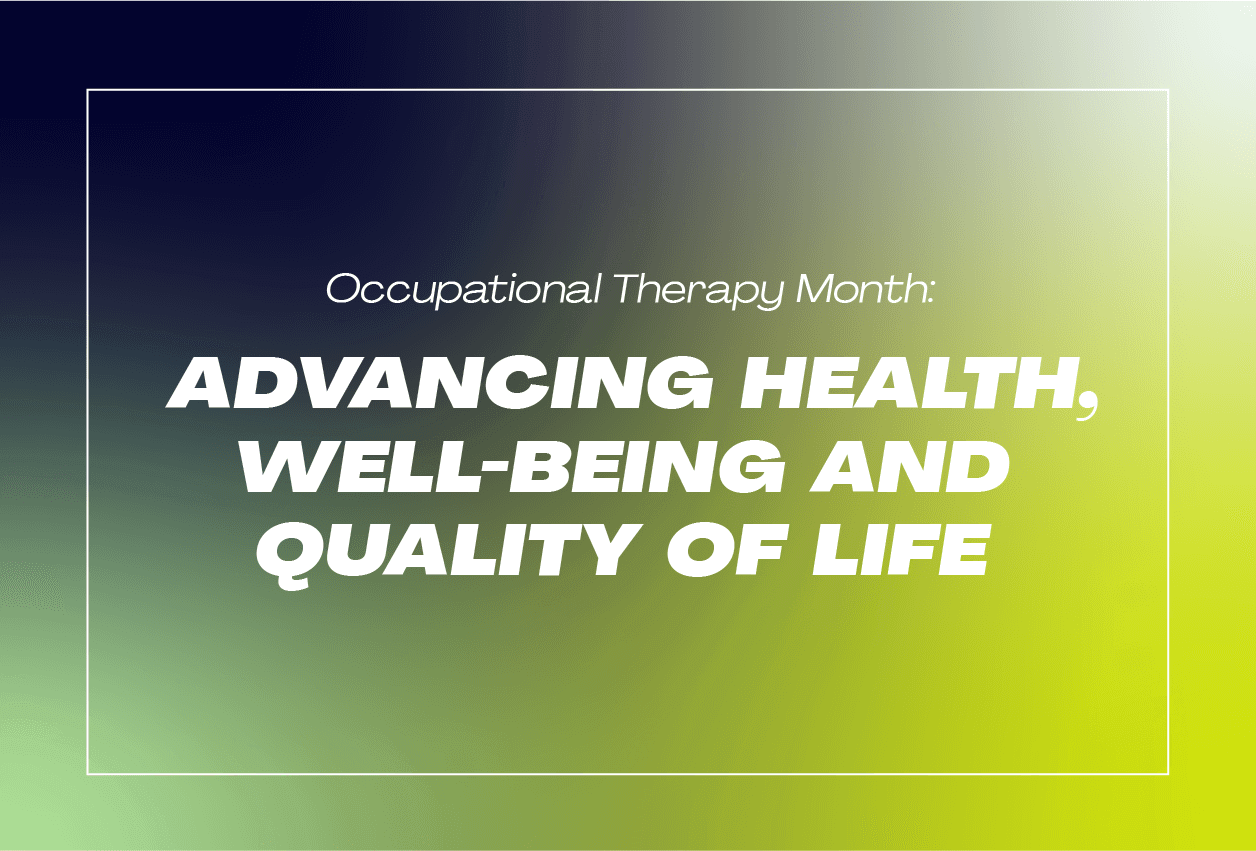By Rachel Lamb . 14/09/2020 · 6 Minute read
Working as a Dialysis Nurse can be challenging, but it can also be incredibly rewarding!
In this post, we are going to scratch the surface of Dialysis Nursing: What it is, and why you might want to consider a career in dialysis.
What is Dialysis Nursing?
Dialysis Nursing (also known as Renal Nursing or Nephrology Nursing) is managing patients with kidney failure.
A patient experiencing kidney failure needs an alternative way for their blood to be cleaned and filtered – and this is where Dialysis Nurses come in.
There are two main types of dialysis:
Haemodialysis:
This is the most commonly known type of dialysis and involves an external dialysis machine. The patient is connected to the machine through two tubes – diverting the patient’s blood into the machine to be filtered and returning the clean blood to the patient’s body.
A Dialysis Nurse will oversee this procedure in a hospital or unit – usually, a patient will need to come in for four-hour sessions three times a week.
Perinatal Dialysis:
This type of dialysis is done daily and requires the patient to have a catheter permanently attached to their abdomen. Dialysis fluid is pumped through the catheter tube into a space inside the patient’s stomach and filters the patient’s blood.
A Dialysis Nurse will train the patient so that they can do this themselves in their own home.
What does a Dialysis Nurse Do?
As a Dialysis Nurse, you will be responsible for the assessment and care of your patients on a daily basis throughout their treatment.
The Main Day-To-Day Duties:
- Assessing your patients’ needs and creating a care plan that is specific to them
- Preparing the dialysis machines and medications
- making sure that each patient receives the correct medication and has the right amount of time on the dialysis machine
- Monitoring and assessing your patients throughout their treatment
- recording all of the treatments that they have received
- identifying and assessing any change in their health and adjusting the care plan as needed
- Empowering and educating your patients so that they can understand their health issues and take responsibility for their own well-being
- Training patients to be able to do their own Perinatal Dialysis at home
- Making sure that your patients are comfortable and providing emotional support
Why Choose Dialysis Nursing?
Patient-Focussed Care
Patients receiving haemodialysis often need treatment three times a week, which means that you will truly get to know them and build strong nurse-patient relationships.
The care and treatment you will provide as a Dialysis Nurse will make a significant difference to your patients’ health and substantially extend their lives. As a Dialysis Nurse, you will see your patients regularly and be able to witness the long-term impact of the care you provide.
Professional Development
Your patients will often have complex needs and different co-morbidities, which means that you will always be learning new things and adding to your personal and professional development.
In terms of job stability, Dialysis Nursing is a specialist profession, and the skills that you will have developed are highly sought-after!
How Can You Become a Dialysis Nurse?
You don’t need any particular qualifications to become a dialysis nurse – other than your Nursing qualification.
There are a variety of additional courses that you can take at universities across the UK if you want more training before getting a job in dialysis nursing. But many NHS Trusts will take you on as a General Nurse and train you in using their Dialysis machines.
Most healthcare agencies will ask that you have at least 12 months’ experience working as a dialysis nurse in the NHS before you will be able to take on any shifts. This is because not all hospitals use the same dialysis machines, so generally, agencies would like assurance that you are experienced.
How Much Do Dialysis Nurses Earn in the NHS?
The short answer is that you can generally expect to earn between £27,000 and £33,000 in a permanent Dialysis Nurse role.
As a permanent Dialysis Nurse in the NHS, your salary will depend on your band, your experience, and where you are working geographically.
NHS salaries are structured by Bands which range from Band 1 up to Band 9. Registered Nurses will start their careers at Band 5 and then can rise through the band ladder by gaining experience and specialist training.
In the NHS, most Dialysis or Renal Nurse roles start at Band 5 with a salary range of £25,655 - £31,534 per year, depending on your years of experience.
As a senior Band 6 Dialysis Nurse in the NHS, you can earn between £32,306 and £39,027.
Similarly to many organisations, you will earn more if you are based in or around London due to the higher cost of living. This increase will vary between 5-and 20% depending on where you work.
How Much Does an Agency Dialysis Nurse Earn?
As an Agency Dialysis Nurse, your wages will vary according to several factors. These factors include your experience, the time and day that your shift takes place, the client hospital you are working in, and, of course, the agency you have chosen to work with.
With Your World, you can expect to receive between £29-£40 per hour. If you’re working a 40-hour week, that’s up to £1,600 – per week!
You may also want to supplement your permanent role with agency shifts; with our pick of jobs, you can work according to your schedule whilst ensuring an extra boost to your pay packet.
If you would like to find out more about dialysis nursing – or if you are looking for a role in dialysis nursing- you can search for jobs on our website by clicking on this link, or contact our nursing team at 020 7220 0822.









